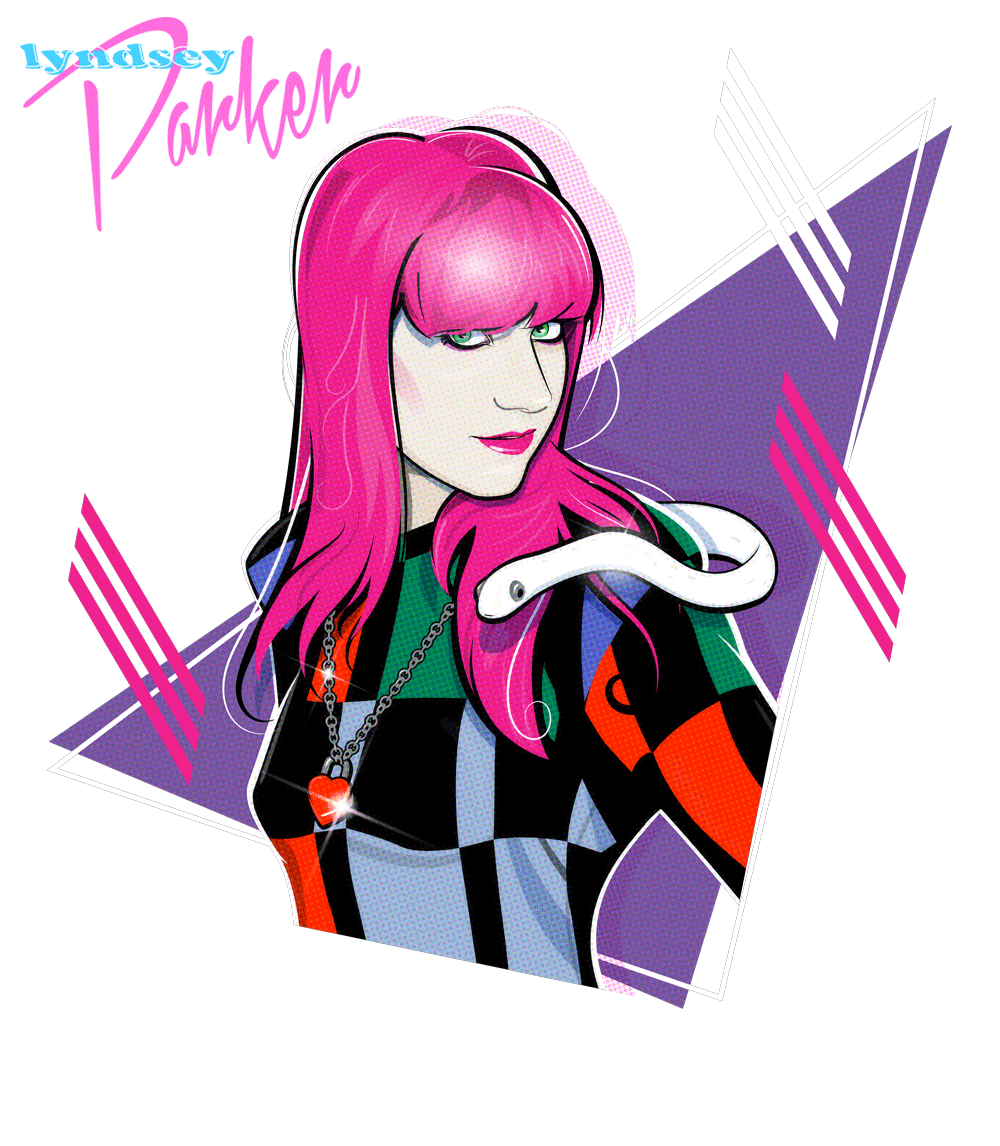When bad boys Guns N’ Roses first exploded onto the scene in the late ’80s, the lyrics of their politically incorrect songs, like “It’s So Easy” and “Used to Love Her” — or of their peers, like Mötley Crüe’s “Girls, Girls, Girls” and Poison’s “I Want Action” — barely raised an eyebrow. In today’s #MeToo era, you’d think it’d be a different case. However, the public appetite, no pun intended, for GNR is still as massive as ever. The band’s “Not in This Lifetime” reunion trek is now ranked as the fourth-most-successful concert tour of all time, and the GNR even just released a Appetite for Destruction boxed set with a $999 price tag.
When asked about whether GNR’s catalog has aged well in the current political climate, the band’s guitarist, Slash, actually seems a little surprised that it would even be an issue.
“I’ve never thought of that. It’s never crossed my mind,” he says contemplatively. “I mean, I think when the #MeToo thing really blew up, the thought crossed my mind of a bunch of musicians, not particular ones, but just musicians [who might be implicated]. But for the most part, as far as all the ones I know, it wasn’t like that. We didn’t have that particular [predatory] relationship with girls. It was a lot more the other way around, in some cases! Anyway, so some of the songs and all that were sort of sexist in their own way, but not to be taken that seriously. I don’t think they were malicious or anything.”
The flip side of the current climate, unfortunately, is that rock ’n’ roll has become too PC, too safe. The appeal of Guns N’ Roses back in the day, after all, was that they seemed so dangerous – that “You don’t even want to f*** with us” attitude, as Slash puts it. Do any rock acts exude that thrilling sense of menace today?

Guns N’ Roses in 1985. (Photo: Jack Lue/Michael Ochs Archives/Getty Images)
“That’s a great question,” muses Slash, whose 16-year-old son, London Hudson, actually drums for a rock band called Classless Act. “That sort of spirit, it’s still around. It’s still inherent in metal bands. It’s still inherent in young bands who have something that they want to express that maybe they’re not having the easiest time dealing with. But that attitude really is not something fabricated, and so right now at this particular point in time, a lot of bands or a lot of artists are doing a lot of different things — and not much of it is really rock n’ roll. There’s nothing to rebel against. … I think trying to figure out how to have the attitude in your music, and songs, and so forth, is probably difficult for a lot of young bands because now it’s about politics again. So we’ll see what that turns into.”
The metal ’80s were obvious a very specific point in time, in ways both good and bad. And Slash admits that “some of the bubblegum nature of the music at that time was a little bit like, whatever — but it was also what fueled Guns N’ Roses to be the antithesis of that.” Thirty years later, Slash is still Living the Dream, according to the title of his third album with his non-Guns band, Slash, featuring Myles Kennedy and the Conspirators. And with songs that tackle topics like modern technology (“Lost Inside the Girl” is about an Instagram stalker; “Call of the Wild” is about social media oversaturation), codependent relationships (“Driving Rain”), and unrequited love (“Read Between the Lines,” “Sugar Cane,” “Slow Grind”), the album mixes GNR’s classic rock riffage with mature themes.
But Slash still harbors some nostalgia for those wild days on Hollywood’s infamous Sunset Strip. (He plays two nights — one private SiriusXM show, one open to the public — at the Whisky a Go Go this week.) “My fondest memories of the ’80s were the ‘flier wars,’ to romantically look back on how exciting all that s*** was,” the 53-year-old rock legend says with a grin, looking back at the time when Mötley, Poison, and GNR ruled the Hollywood scene. “It’s a thing for me, because the scene of the ’80s, what it was all about, was a little plastic to me, but people were very, very passionate. … The energy that was around was palpable, and you couldn’t ignore it. And so when it came time to promoting your own band, the flier wars, and getting into the Rainbow [bar], and the girls, and all the craziness, I did dig all that aspect of it.”

A flier from Guns N’ Roses’ early days. (Photo: Jack Lue and Marc S Canter/Michael Ochs Archives/Getty Images)
Follow Lyndsey on Facebook, Twitter, Instagram, Google+, Amazon, Tumblr, Spotify.
This article originally ran on Yahoo Entertainment.







